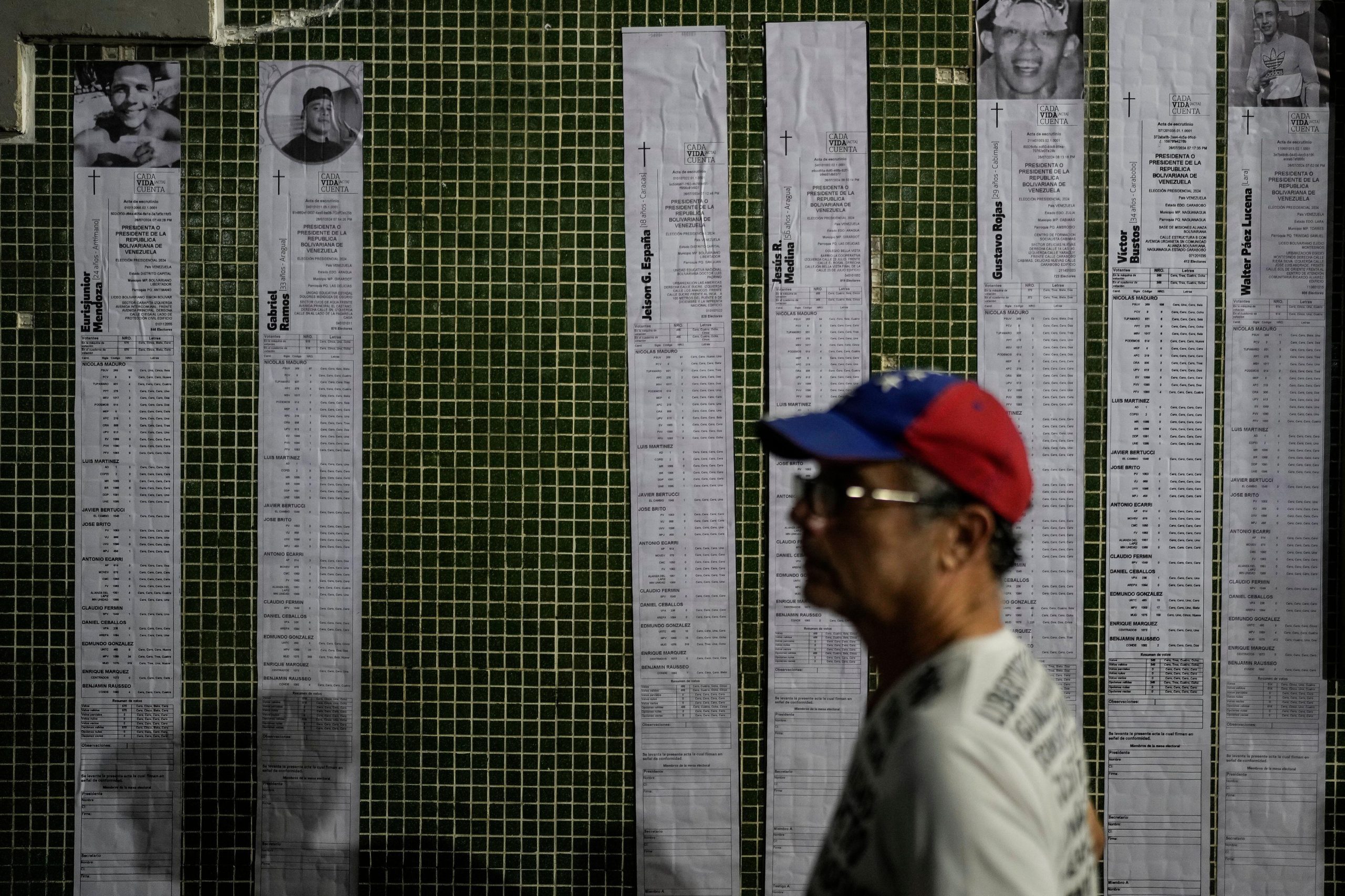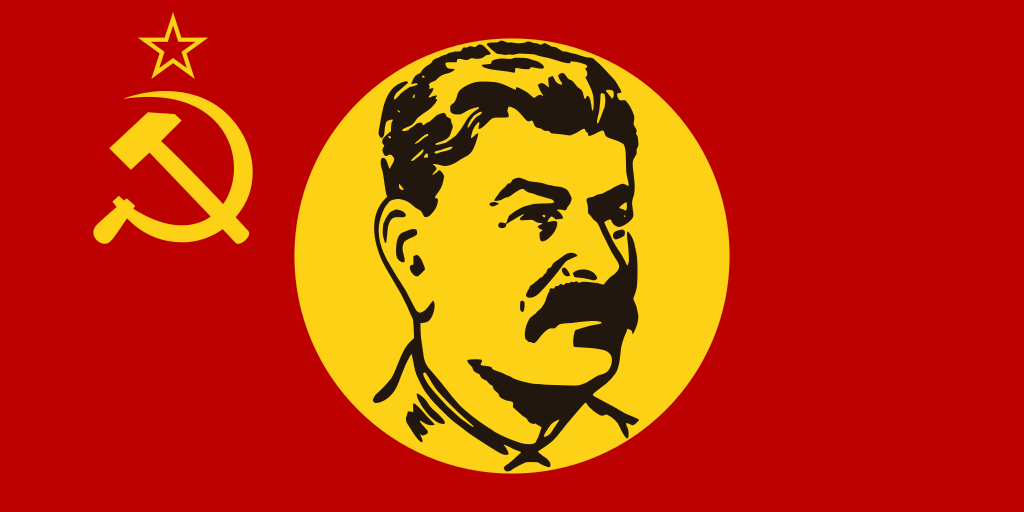London, 28 February 2014
Mr. Alvaro Sanchez,
Charge dAffaires, Embassy of the Bolivarian Republic of Venezuela in the United Kindgom of Great Britain and Northern Ireland,
Index on Censorship, an international organisation that promotes and defends the right to freedom of expression, is writing to you to show our concern for the serious violations of human rights which have been happening in Venezuela, in particular, violations of freedom of expression.
According to the information we have received, during public protests that started 12 February 2014, there have been many threats and attacks against journalists and reporters who were reporting on the demonstrations. Some of these public protests are being repressed in violent ways, with many deaths, people being injured, tortured and arbitrarily detained. In most of these cases, the attackers are police officers, members of the armed forces or civil armed groups supporting the government.
Also, most of the national media have not been publishing information about protests and violent and irregular situations, due to governmental pressure and the fear of retaliation. Over the last few years, the National Commission on Telecommunications (CONATEL) has been developing a policy of vigilance and punishment against media that do not keep an editorial line that is favourable to the government. Recently, on 11 February of this year, the General Director of CONATEL, William Castillo, criticised the media coverage of the violence by some outlets, classifying the content as hate speech and stating that those media outlets would be sanctioned. This current environment is making it difficult for the media to freely transmit information about what is happening.
The independent press has been seriously affected by the lack of foreign currency they need to acquire paper and other essential supplies for printing. Due to the monetary exchange control that exists in Venezuela, several special authorisations are required in order to legally buy foreign currency. The government has set up many obstacles that impede the independent press obtaining foreign currency for buying necessary supplies. This has caused the temporary closure of at least nine papers and problems with circulation, page reduction, edition reductions and print run reduction of at least 22 publications.
The national government has ordered, in authoritarian manner and with no judicial process, that the television channel NTN24 be taken off the air and not shown on cable television. NTN24, a Colombian news station, was one of the few media outlets that were independently transmitting news about public protests. Moreover, the government ordered the blocking of the NTN24 website from Venezuela. The government has also arbitrarily blocked the access to images on Twitter and other similar restrictions in the Internet. Additionally, the government threatened CNN en Español with censorship by prohibiting its broadcast on Venezuelan cable television services. These kinds of international media and social networks are an essential source of information for Venezuelans, due to the censorship of the national media.
All these political decisions lead to a serious problem in the field of freedom of expression and information, with every decision reducing the space for expression and increasing repression for dissenting voices. These problems are made worse in a context of high political tension and serious repression from government employees.
Consequently, we demand that the Venezuelan government show respect for human rights in Venezuela, particularly the right of freedom of expression, and in this sense, should:
1. Stop the threats and attacks against journalists and media.
2. Allow national and international media to freely spread information, including information that criticises the government, without fear of repression from any governmental organisation.
3. Facilitate the procedures for the acquisition of foreign currency by the independent print media, so that they can buy paper and other essential supplies needed for the publications.
Sincerely,
Rachael Jolley
Index on Censorship





